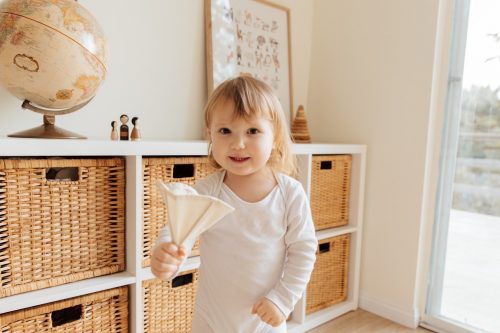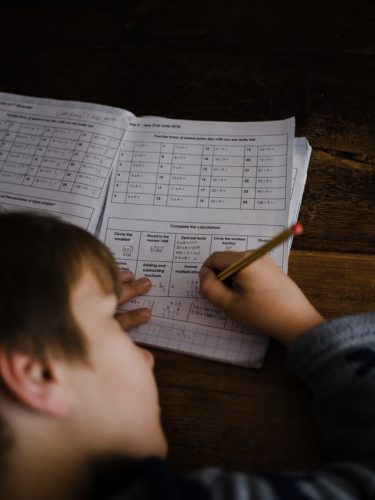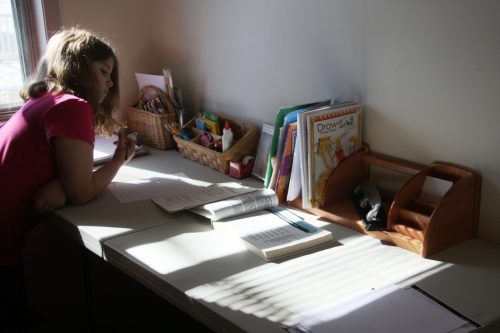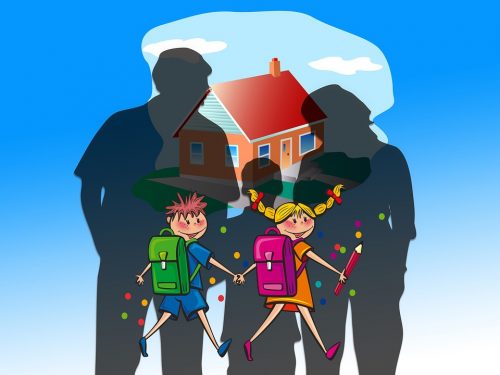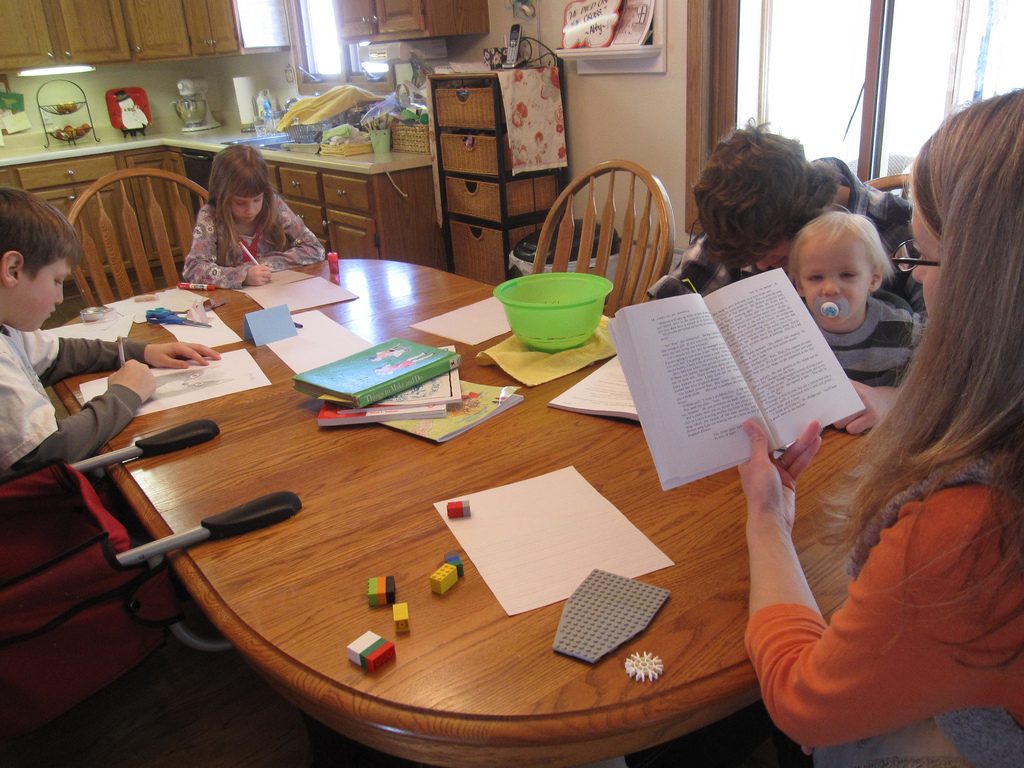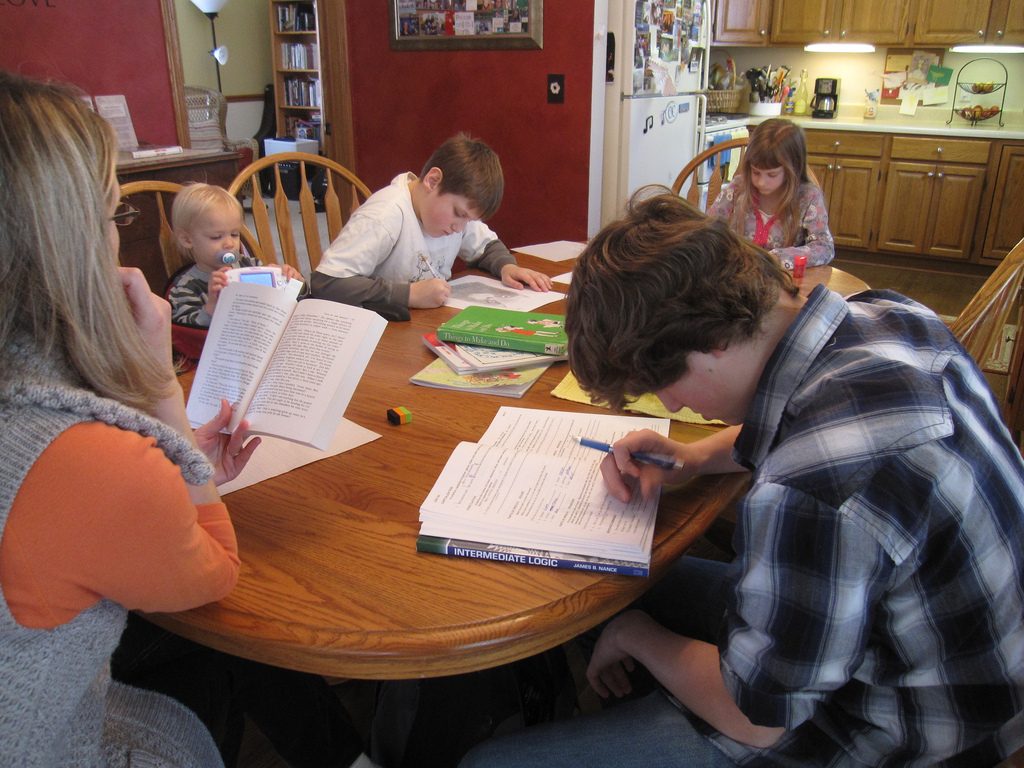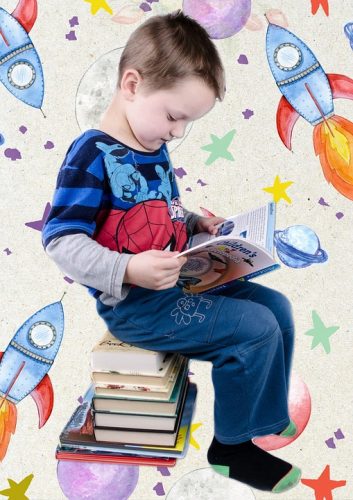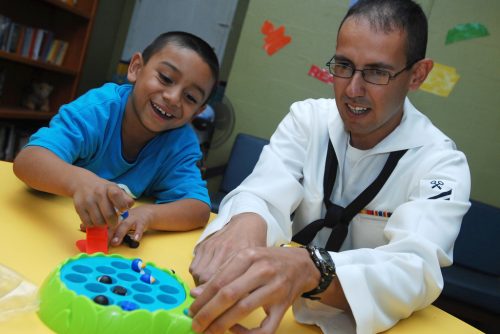When it comes to kids’ education, most parents now consider homeschooling over traditional schooling. Perhaps that is due to the alarming health crisis the world is facing today. Parents caring for homeschooled children want to keep their children safe and secure, so this educational method fits well with their needs. However, the problem begins when they try to perfect the technique of homeschooling. A lot of parents think that homeschooling is exempted from educational mistakes, which is entirely not true. In fact, though homeschooling is advantageous in this current situation, it still promotes some negative impacts not only on children but also on the parents. So to avoid that, here are some of the tips parents might want to consider.

Source: pexels.com
Never Compare Children’s Needs And Capabilities – It is essential to understand that every kid learns differently. Thus, it is pointless to compare one kid to another. When parents choose to home-school their children, they should prepare for the consequences of learning imbalances. Meaning, they should be open to the possibility that some children will learn lessons quickly while others may not. It is important to note that kids learn in different phases and times.
Never Put Too Much Pressure On Children’s Learning – There will come a time when parents will soon become hard on their kids, causing the kids to feel anxious (Parents, don’t ask ‘what is anxiety frequently‘ if you do this to your kids). That is because they will become caught up in wondering why some kids take a little longer to learn. They will assume that because learning happens at home, it should have been that easy for the kids to adapt. However, that is not always the case. Parents must realize that homeschooling is a challenging learning method and that children also need energy and time to adjust.
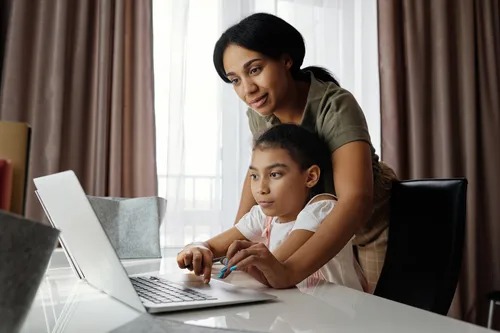
Source: pexels.com
Never Dwell On Missed Days Of Homeschooling Lessons – As parents, it is important that they understand that kids will always be kids. Just like in traditional schooling, there are days that kids can’t come to school and study. Therefore, it is impractical to dwell on missed days of homeschooling lessons. Remember, not because learning happens at school, it does not mean that kids won’t experience personal issues. Allow them to skip lessons if they have to. Parents should let the kids have an easy day from time to time.
Never Restrict Kids On Doing Something Different – One particular issue of parents when it comes to homeschooling is their inability to understand their kids’ personal needs. They assume that kids should use the time to learn and not look at homeschooling as something worthy of their convenience. But what they did not know is that children also need to do a lot of different things to support the benefit of their overall development. They need to play, sleep, relax, and spend time with themselves if they have to.

Source: pexels.com
Never Promote Stagnant Routines – When children are homeschooled, there is a tendency that they will get used to the same routine over and over. Parents may think that it is okay because of the less hassle of adjustments both sides need to do. But over time, stagnant routines will cause emotional and mental exhaustion. Therefore, parents must mix things up and try to incorporate different interesting activities for kids. That way, it will break the ice.
Never Stick To The Usual – Homeschooling can tackle a wide range of learning strategies. Children can learn either with visual representation, academic, experiment, or personal experience. But parents should understand that not every method works the same with other kids. Thus, it is vital to focus on the learning strategy individually. At some point, it may become a hassle because it may take a while to find a suitable choice for the kids. But eventually, everything will work out fine once parents get a hold of the best strategy to use.
Never Assume Knowing Everything – The best and the only way parents can execute productive and effective homeschooling is when they reach out for help. They should never assume they know everything because that will only create a lot of pressure on them and the kids. Parents must become open to comments and suggestions. That way, they can better manage their decisions, especially when it comes to choosing the best learning method for the kids.
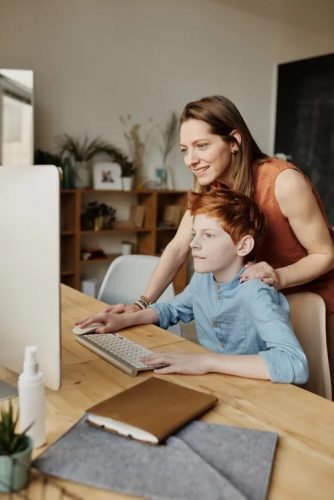
Source: pexels.com
Most parents and child therapy professionals would agree that choosing what is best for kids can be a tough decision. Sometimes, parents know they can screw things up and make a lot of mistakes due to assumptions and carelessness. Unfortunately, they can’t help it. There will always be a time that what they think is the best for the children will not deliver a positive result. That is okay. It is part of parenting. There is no perfect way to handle children because everything parents do, and every decision they make affects the children differently. They have to remember that learning happens every day. As long as they are there to guide the kids, all will be well.


